Jen Nelson, director of biostatistics at Kaiser Permanente Washington Health Research Institute and a UW affiliate professor of biostatistics, is coauthor a study published in the Journal of the American Medical Association that was named Manuscript of the Year by the Health Care Systems Research Network (HCSRN).
In the News
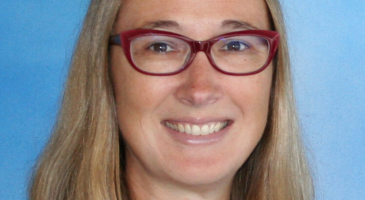
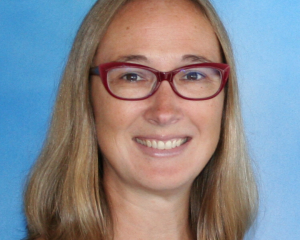
Nearly 15 million people around the world have died from COVID's impact, directly or indirectly, during the first two years of the pandemic, according to a new World Health Organization report. It’s also about three times higher than governments have reported so far. University of Washington's Jonathan Wakefield, whose modeling work helped produce the report, joins William Brangham for more.


The UN’s health agency has embraced statistical methods that put the true toll of the pandemic at around 15 million. Will it shock nations that are denying the severity of COVID-19 into action? Jonathan Wakefield, professor of statistics and of biostatics at the UW, is quoted.


Statistician Prof Jon Wakefield, from Seattle's University of Washington, helped the WHO and told the BBC: "We urgently need better data collection systems. It is a disgrace that people can be born and die - and we have no record of their passing. So we really need to invest in countries' registration systems so we can get accurate and timely data."


Every dog is different, and depending on things like their breed, size, age, and health, their particular dietary requirements may also be different, including what you should feed them, and how much. UW Professor of Biostatistics Kathleen Kerr, the study's senior author, is quoted.


“Overdiagnosis is the diagnosis of disease that will not harm a person in their lifetime. If melanoma is being overdiagnosed, it means that too many people are getting the scary news that they have cancer, and receiving and paying for unnecessary treatment,” said Kathleen Kerr, professor of biostatistics in the UW School of Public Health.
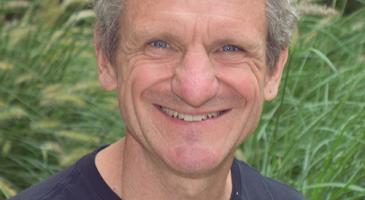
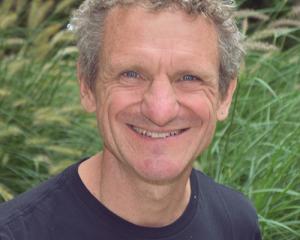
Unlike claims made by the Indian government in its press release, the WHO's estimates do not rely on models that include factors like seasonal variations in temperature, Jon Wakefield, professor of statistics and biostatistics at the University of Washington, who had led the modelling for India as a member of the TAG, explained
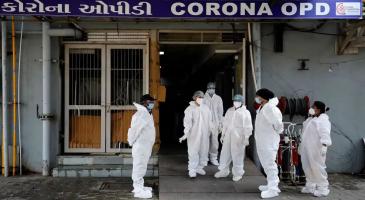
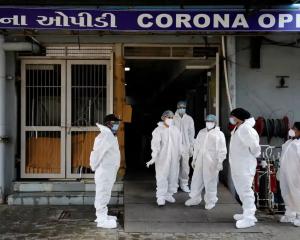
India has called into question the methodology used by the WHO to calculate its death toll from Covid-19. Jon Wakefield, a professor of statistics and biostatistics at the University of Washington who was one of those involved in the modelling for the WHO, released a statement that explained the methodology in detail and rebutted the claims made by the Indian government about the veracity of the modelling.